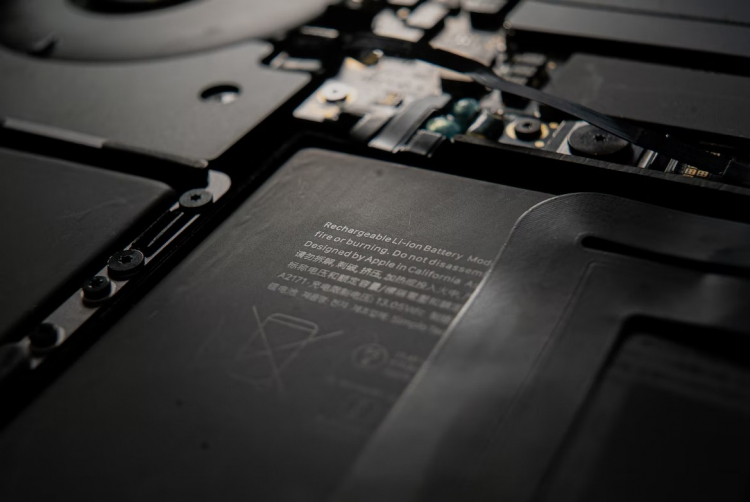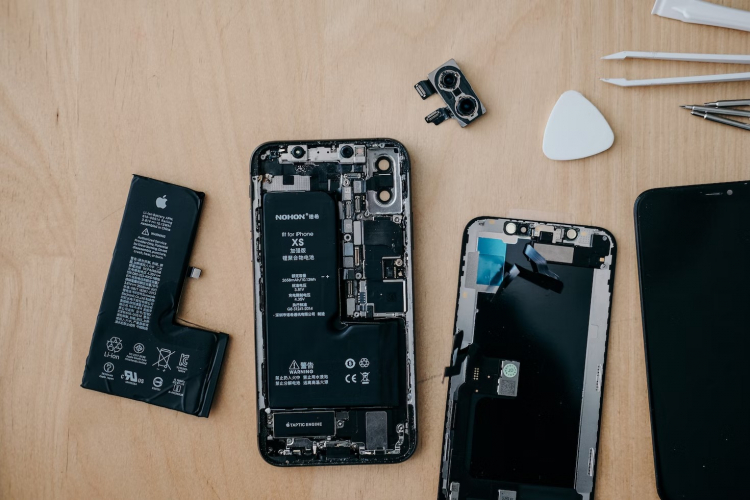According to the portal of the European Parliament, its deputies and the European Council have concluded a preliminary agreement which provides for the revision of the European rules relating to the circulation of electronic batteries, taking into account “technological development and future challenges“. Among other things, it is assumed that smartphone manufacturers will be required to provide “easy” access to the battery of their gadgets for quick self-replacement of batteries by users.
Image source: insung yoon/unsplash.com
However, the rules apply to the entire life cycle of batteries, from development to disposal, and will apply to all types of batteries sold in the EU, including, for example, not only smartphone batteries, but also for internal combustion engines, as well as batteries for electric vehicles.
The parts have arrived agreement, that batteries should be more environmentally friendly, productive and reliable. It will be mandatory to declare the carbon emissions associated with the life cycle of the battery and there will also be special labeling requirements for batteries with a capacity above 2 kWh.
Three and a half years after the regulations come into force, all portable batteries in consumer electronics must be designed so that “users could easily remove and replace them by themselves”.
In December 2020, the European Commission presented proposals relating to the regulation of the circulation of batteries and their disposal. Proposals included reducing environmental impact, promoting a “circular economy” and achieving other goals closely related to the so-called. “European Green Deal” and other green initiatives in the European Union. The new regulations come on top of requirements requiring universal USB Type-C chargers for wired charging from 2024. First of all, the latest rule will affect the European version of new iPhones, as most other smartphones already use USB Type-C. c.

Image source: Mika Baumeister/unsplash.com
According to the European Parliament resource, it is planned to inform consumers with the help of stickers and QR codes informing about the capacity, reliability and even the chemical composition of the batteries. Certain types of batteries with a capacity greater than 2 kWh, as well as batteries for electric vehicles, will need to have special “passports” that include information about the battery model, as well as information necessary to use a particular type of battery.
According to the agreement, by 2023 it will be necessary to collect 45% of used portable batteries, by 2027 – 63%, by 2030 – 73%. It also provides for the normalization of the use of the recovered material following processing batteries cobalt, lead, lithium and nickel in new products. By 31 December 2030, the European Commission will be able to assess whether it is worthwhile to completely phase out the use of non-rechargeable general purpose batteries.
For the first time, a law covering the entire life cycle of batteries is passed, which is good for both the environment and the economy, according to European authorities. One of the objectives will be to build large-scale battery recycling plants in the EU, as well as a competitive industrial sector in general. Compliance with the new rules can become a kind of “benchmark” for the entire global battery market.
The European Parliament and the European Council must formally approve the agreement before it enters into force.
If you notice an error, select it with the mouse and press CTRL + ENTER.


